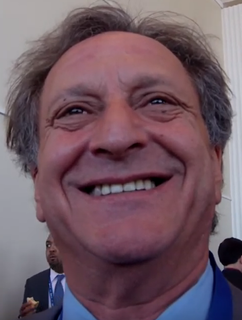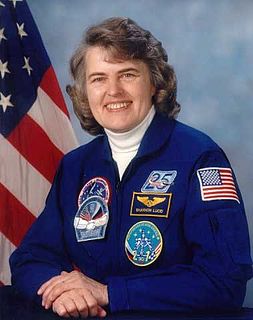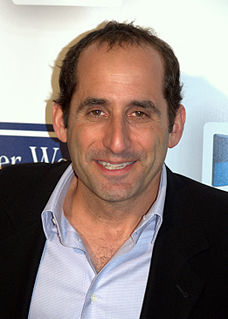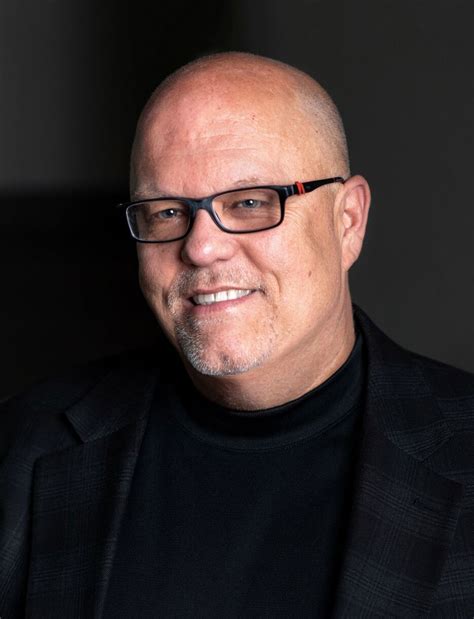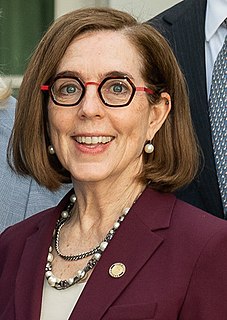A Quote by Evan Sayet
Jews were asked when life begins. For them it's when they finally graduate medical school.
Related Quotes
I went to my old school, where all the kids I'd been with for eight years were about to graduate. But the sisters wanted me to repeat the whole term; so I went to the principal and pleaded with her to allow me to graduate with my class. She finally agreed on the condition that I write the graduation play. It was called How Do You Spend Your Leisure Time?Catchy title, huh?
When I was a congressman, I had occasion to talk to this group of students who were taking their seat. There were about 80 of them and I asked them, 'How many of you will be serving in the country once you graduate?' And, out of the 80, there were two that raised their hands. The rest were thinking of leaving.
There was a golden period that I look back upon with great regret, in which the cheapest of experimental animals were medical students. Graduate students were even better. In the old days, if you offered a graduate student a thiamine-deficient diet, he gladly went on it, for that was the only way he could eat. Science is getting to be more and more difficult.
Some friends of mine in the class ahead of me in college were auditioning for graduate school in New York, and then a few of them got into Juilliard, and it sort of opened my eyes. I didn't really know anything about it, but it opened my eyes to a possible next step after school, where I could just deepen my knowledge and also not be responsible for life and stay in school.
I got into medical school at the University of California in San Francisco and did well. A lot of smart kids in medical school, and believe me, I wasn't not nearly the smartest one, but I was the most focused and the happiest kid in medical school. In 1979, I graduated as the valedictorian and was honored with the Gold Cane Award.
Those other lands were Christian, and they boiled with bigotry. The rulers themselves were more or less tolerant, for they depended upon Jews as their financiers. But the lower classes had no use for them, and butchered them whenever a righteous excuse could be found. And righteous excuses were not wanting. If a plague broke out, of course the Jews had poisoned the wells. If a war was lost, of course the Jews had aided the enemy. If a boy mysteriously disappeared, of course the Jews had murdered him to procure blood for their Passover drink.
I was allergic to school. I was completely befuddled by school. I was trying so hard, but I couldn't succeed. I took geometry for four years, the same course over and over again, and I did not graduate with my senior class. I finally passed geometry after doing summer school, and eventually, I graduated.
I have to throw in on a personal note that I didn't like history when I was in high school. I didn't study history when I was in college, none at all, and only started to do graduate study when my children were going to graduate school. What first intrigued me was this desire to understand my family and put it in the context of American history. That makes history so appealing and so central to what I am trying to do.
